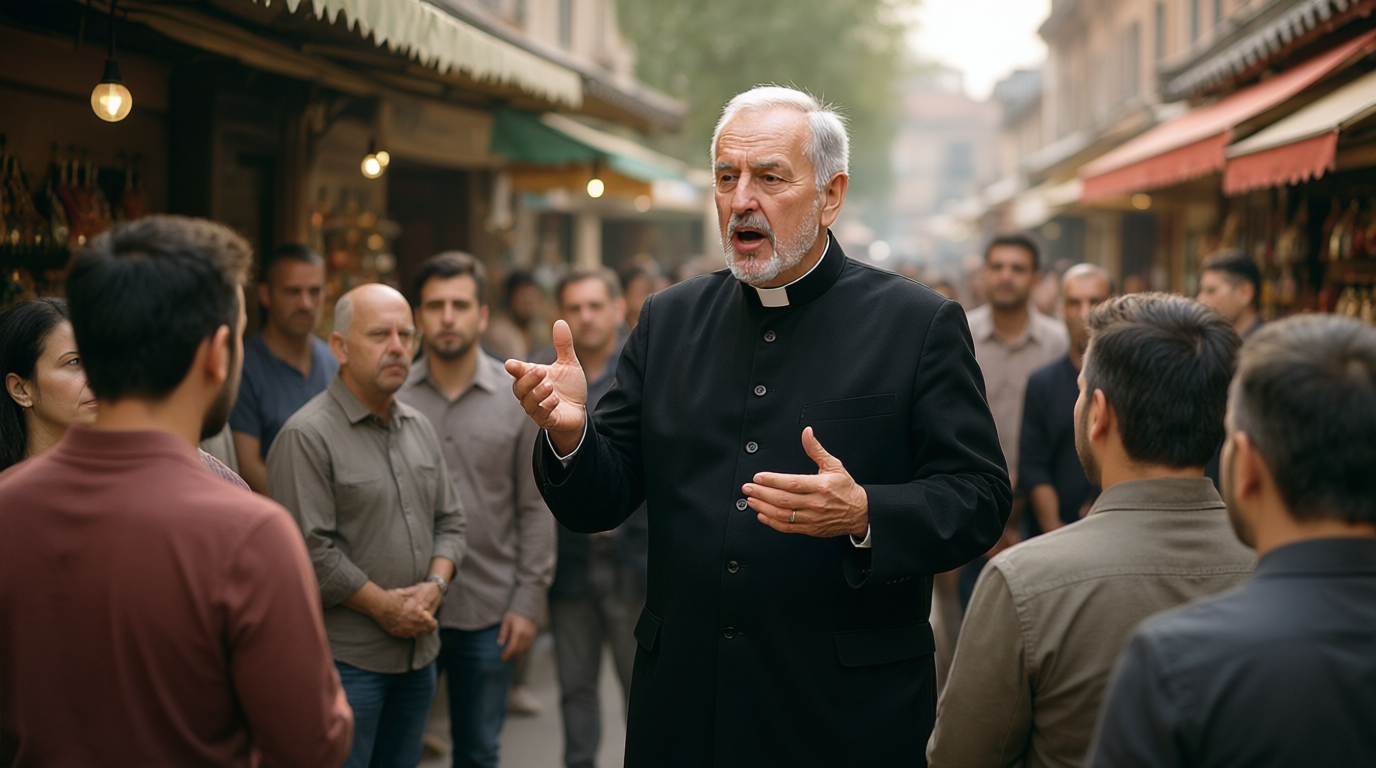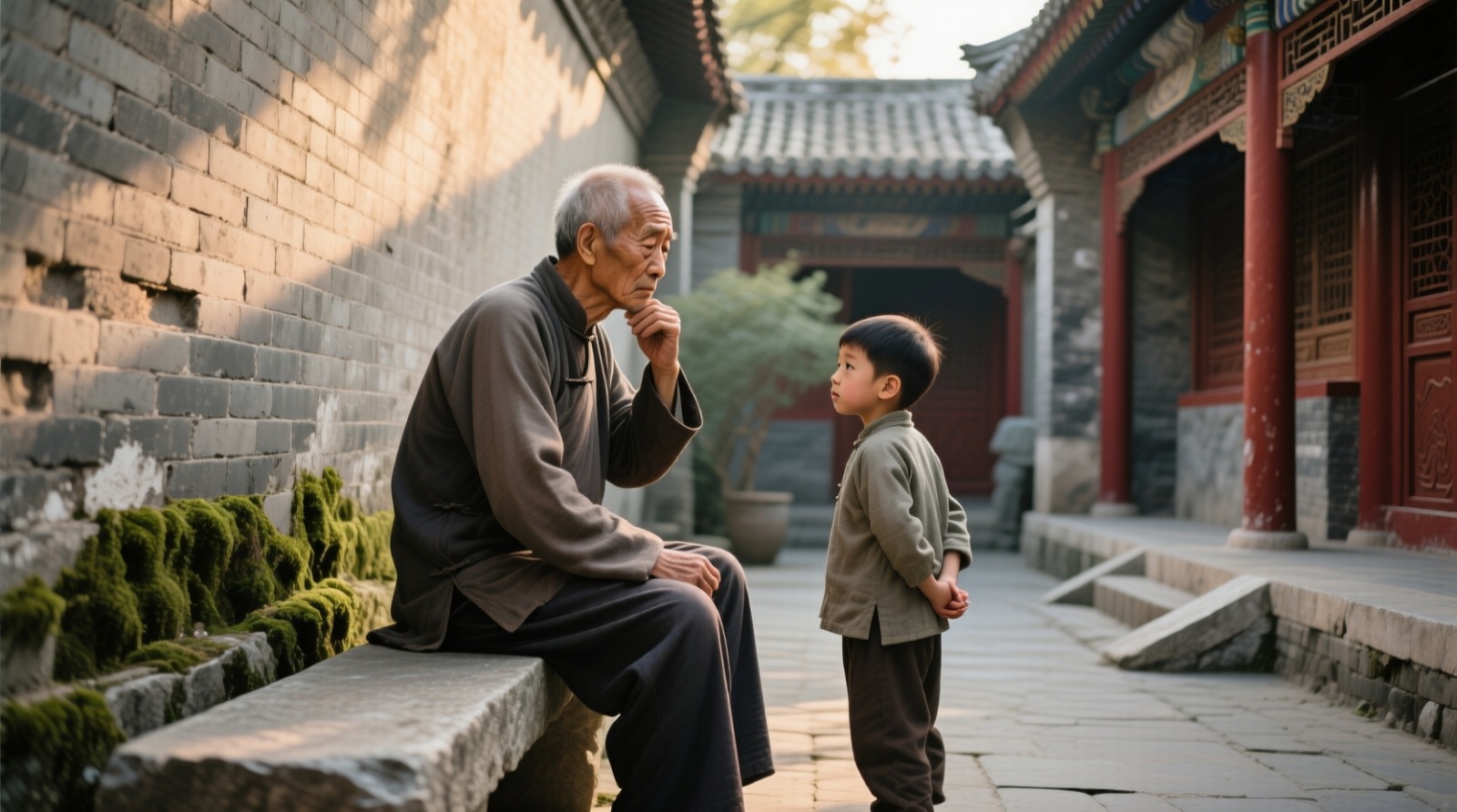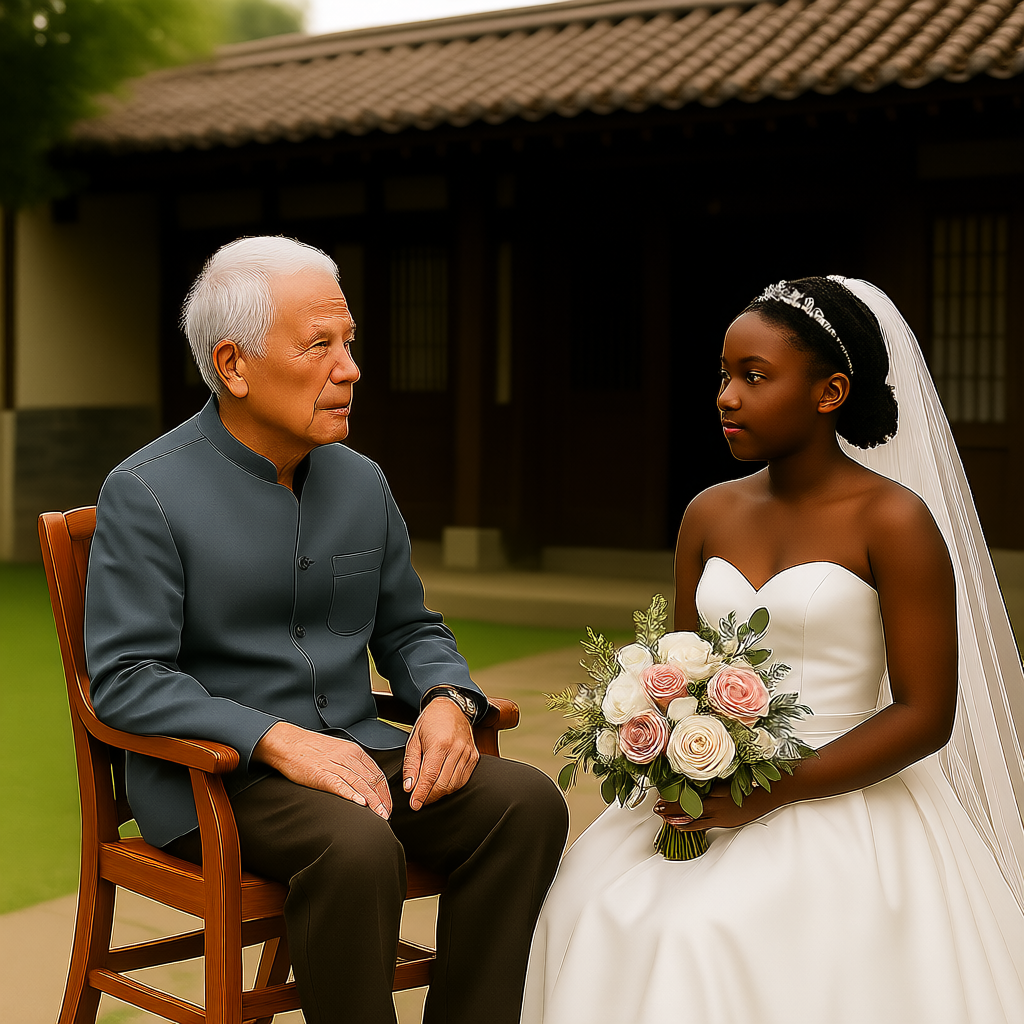
I never thought an ordinary Tuesday could rearrange the map of my life. She arrived like a simple update to someone else's story and before I understood how, my chapter had been closed and given to someone new. This is the account of losing a place I thought was mine, the work of reclaiming myself, and the lessons that turned quiet humiliation into steady progress.
When you love someone you assume a degree of permanence. You build routines, tuck away shared jokes, and plan in the margins of the week. Those small appointments become the scaffolding of a future you can almost see. I lived in that future for a long time. Her laugh, the way she left mugs in the sink, the habit of arguing about which film to watch on a rainy Saturday all became markers. Then came the gap. At first it was subtle. Missed calls. Shorter replies. The excuses stacked up and I accepted them because hope is easy when you want something with all your chest. Then one afternoon I found a new name in his messages, a new photograph in his phone, a new habit of looking elsewhere for the small registrations of affection I had expected to own.
Anger arrived quickly and sharp. It felt like theft. How dare someone else step into the place I had occupied? The fairness system in my head wanted a hearing. But the reality was simple and brutal. I had not been holding the place as securely as I believed. I had been building a life that depended on someone else choosing me every day. When that choice shifted I realized how fragile conditional love can be.
Grief followed. People do not always name the loss that comes when a relationship changes. It is not the loss of a thing you can catalog. It is loss of imagined tomorrows, of intimacy that had been taken for granted. Psychologists call some of this ambiguous loss because the outline of what you lost is hard to pin down. That ambiguity makes it harder to move on because you keep searching for answers that do not exist. I found myself replaying small interactions, hunting for a sign I had missed, rewinding the tape of what felt like betrayal.
After the first raw weeks I began to look underneath the immediate pain for truths that might help me not repeat the same pattern. The first truth was obvious and harsh. I had conflated presence with permission. I mistook her tolerance of my flaws for unconditional commitment. People stay with partners who choose to stay, not with partners who are assumed to always be there. That lesson changed how I understood relationships. It meant taking responsibility for my own reliability rather than expecting someone else to keep hope alive for me.
A second lesson came from examining my boundaries. I had blurred them in ways I did not notice because my priority was connection over clarity. I answered every late call, forgave the repeated flaked promises, and rationalized small deceptions. When someone else came into our life they did not have to undo years of earned trust. They only had to be present. Presence, it turns out, is a high value currency. If you are always available to be taken for granted, availability becomes a weakness not a strength.
I learned to make space for real mourning. Friends told me to get out there, meet new people, adopt a hobby. Those are not bad moves but they can be defensive if used only to hide pain. Instead I began to journal, listing what I had loved and what I had accepted without question. I wrote down the traits I wanted in a partner and the ones I would no longer tolerate. That exercise helped me separate nostalgia from fact. It showed where I had given too much without reciprocal care and where I had been passive because I feared the cost of change.
People often ask whether forgiveness has a place in these stories. Forgiveness can be liberating but it is not mandatory and it is not the same as reconciliation. I learned to forgive the human tendency to make selfish choices without making space again for the relationship. Forgiveness freed me from being stuck on replay. It did not require me to recreate the old life or let someone back into private territory.
There are practical habits that helped more than pep talks. I started small with routines that rebuilt my sense of agency. Morning walks, brief strength training, and a thirty minute reading block each evening became predictable markers I could count on. When your internal world feels chaotic predictable external acts form a stabilizing grid. I also reconnected with people I had shelved during the relationship. Old friendships reminded me I was not a single role in someone else s life. They were not replacements. They were proofs that my value was wider than one intimate exchange.
The dating side of the story was unexpectedly instructive. Meeting new people taught me how much my expectations had calcified. I would compare every smile to a memory and wonder why a simple kindness felt like a test. Slowly I learned to see each interaction on its own terms. Dating became a process of curiosity rather than a rescue operation. That shift reduced pressure and made connection clearer and gentler.
Work was another arena where I had to rebuild confidence. For a while the emotional fallout spilled into professional spaces. Emails felt petty, deadlines felt like traps, and small setbacks acquired an outsized sting. The antidote had two parts. First, I compartmentalized grief into finite windows so it did not leak into every task. Second, I doubled down on competence. Delivering small, solid outcomes at work reminded me that capability is not contingent on relationship status. That competence seeded new opportunities that would not have appeared had I stayed paralyzed.
A surprising lesson was the value of refusing vengeance as a strategy. The urge to respond in kind, to humiliate, or to weaponize the past for social proof is powerful because it promises immediate relief. It also cheapens recovery and drains your emotional capital. Choosing dignity is not a moral showpiece. It is a practical investment in future relationships and in your own peace. People who recover with composure retain more options than those who burn bridges in public.
There is no tidy endpoint to stories like these. Healing is not a single day. It is a recalibration that looks like fewer catastrophes and more steady mornings. For me the turning point came months after the break when I realized I could imagine new plans that did not involve her. Not because I had erased the past but because I had made space for other desires to take root. That realization was not dramatic. It was quiet. It was a sense of appetite for life that had nothing to do with proving anything to anyone.
If you are reading this and you recognize the ache, here are practical steps you can use now. Tell one friend the truth of your feeling without performing for sympathy. Write a short list of three behaviors you will no longer accept in a partner and keep it visible. Commit to one physical routine you can do three times a week. If you have a decision to make about reconnecting, give yourself a month to observe consistent change not promises. And if you choose to stay or to leave, do it from a stance of clarity about what you will accept next time.
Losing a place to someone else is a specific kind of loss because it contends with identity as much as absence. But it is also an opportunity. When the map of your life is redrawn you get to learn who you are unanchored, and that freedom, awkward at first, is the clearest invitation to build something that belongs to you in every weather.









Comments (0)